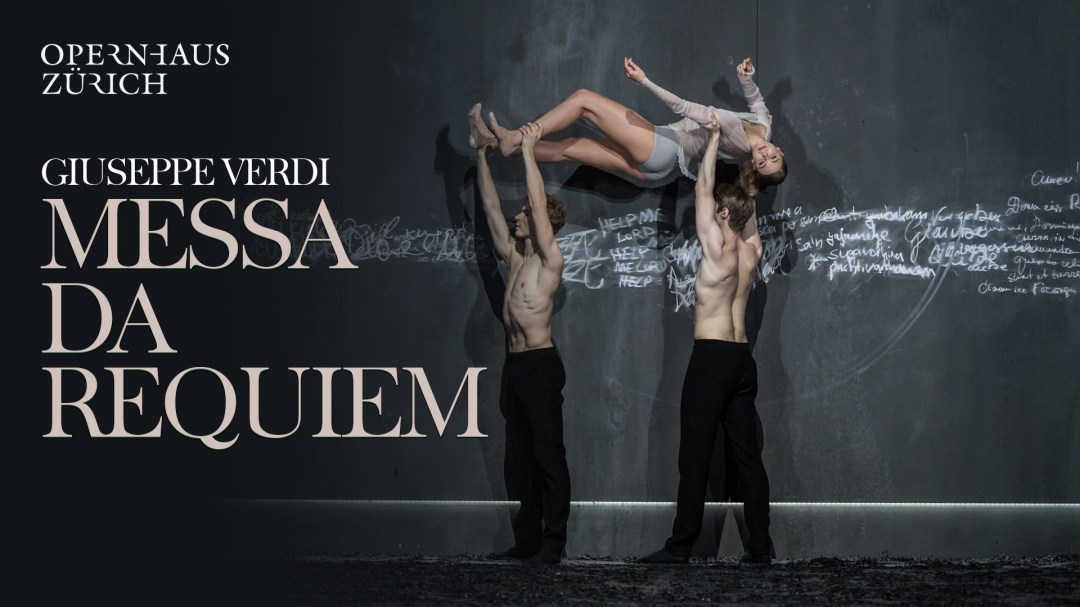
Television reformed in 1992, released a self-titled third album and have performed live sporadically thereafter. Both Lloyd and Verlaine pursued solo careers, while Ficca became the drummer for the new wave band The Waitresses. The members' independent and strongly held artistic visions, along with Richard Lloyd's drug abuse, led to the band's break-up in July 1978. Softer and more reflective than their debut album, Adventure was well received by critics despite modest sales. Television's second album, Adventure, was recorded and released in 1978. Stephen Thomas Erlewine of AllMusic writes that the album was "revolutionary" and composed "entirely of tense garage rockers that spiral into heady intellectual territory, which is achieved through the group's long, interweaving instrumental sections." It was ranked number two in Uncut magazine's "100 Greatest Debut Records" and number 3 on Pitchfork Media's list of the best albums of the 1970s. hell, forget rock and roll-this is the real item." Critics have since ranked the album number 83 on cable music channel VH1's 2000 list of the 100 Greatest Albums of Rock and Roll and number 128 on Rolling Stone's 2003 list of the 500 greatest albums of all time. Upon its initial release in 1977, Roy Trakin wrote in the SoHo Weekly "forget everything you've heard about Television, forget punk, forget New York, forget CBGB's. Television's first album, Marquee Moon, was received positively by music critics and audiences and entered the Billboard 200 albums chart – it also sold well in Europe and reached the Top 30 in many countries there. Marquee Moon, Adventure and break-up (1977–78) Reportedly Pere Ubu guitarist Peter Laughner auditioned for his spot during this time. Richard Lloyd apparently disagreed with the selection of this song, preferring "O Mi Amore" for their debut, to the extent that he seriously considered leaving the band. Television made their vinyl debut in 1975 with "Little Johnny Jewel" (Parts One and Two), a 7-inch single on the independent label Ork Records, owned by their manager, Terry Ork. Fred Smith, briefly of Blondie, replaced Hell as Television's bassist. He co-founded the Heartbreakers in 1975 with former New York Dolls Johnny Thunders and Jerry Nolan, later forming Richard Hell and the Voidoids. This conflict, as well as one of their songs being picked up by Island Records, led Hell to leave the group and take some of his songs with him. Verlaine, feeling that Hell's frenzied onstage demeanor was upstaging his songs, reportedly told him to "stop jumping around" during the songs and occasionally refused to play Hell's songs, such as " Blank Generation", in concert. However, friction began to develop as Verlaine, Lloyd, and Ficca became increasingly confident and adept with both instruments and composition, while Hell remained defiantly untrained in his approach. Initially, songwriting was split almost evenly between Hell and Verlaine, Lloyd being an infrequent contributor as well. After playing several gigs at CBGB in early 1974, they played at Max's Kansas City and other clubs, returning to CBGB in January 1975, where they established a significant cult following.ĭeparture of Richard Hell and debut release Their manager, Terry Ork, persuaded CBGB owner Hilly Kristal to give the band a regular gig at his club, where they reportedly constructed their first stage. Their first gig was at the Townhouse Theatre, on March 2, 1974.

On Mathe group reformed, calling themselves Television and recruiting Richard Lloyd as a second guitarist.

A 7-inch record featuring "That's All I Know (Right Now)" and "Love Comes in Spurts" was released in 1980. The group lasted from late 1972 to March 11, 1973. Their first group together was the Neon Boys, consisting of Verlaine on guitar and vocals, Hell on bass and vocals and Billy Ficca on drums.


Both moved to New York, separately, in the early 1970s, aspiring to be poets. The duo met at Sanford School in Hockessin, Delaware, from which they ran away. Television's roots can be traced to the teenage friendship between Tom Verlaine and Richard Hell.


 0 kommentar(er)
0 kommentar(er)
